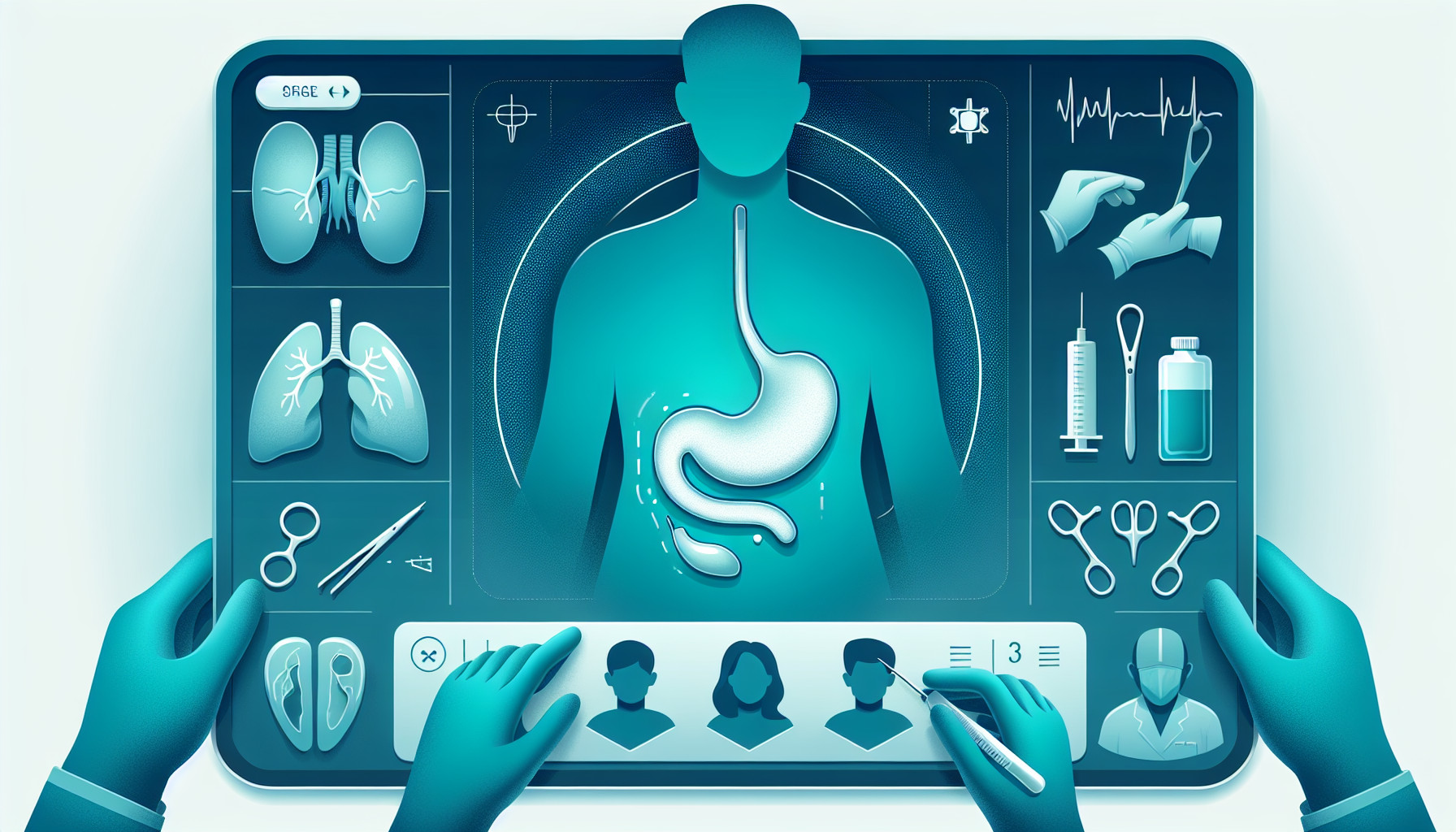Our Summary
This study tested a scoring system, proposed in the Tokyo Guidelines 2018 (TG18), that rates how difficult it is to perform a specific type of surgery (laparoscopic cholecystectomy or LC) to treat a certain condition (acute cholecystitis or AC). The researchers looked at data from 127 patients who had this surgery between January 2018 and March 2022.
The scoring system considered 25 different factors during surgery and grouped them into five categories. The researchers then calculated three different scores (the median, highest, and mean score) from these categories and compared them to the results of the surgeries (like how long the surgery took, how much blood was lost, and if the surgery had to be changed to a less complete removal of the gallbladder).
The results showed that higher scores (indicating a more difficult surgery) were linked to longer surgery times, more blood loss, and a higher chance of needing to change the surgery to a less complete removal. The different scoring methods (median, highest, and mean) predicted these outcomes about equally well. However, the highest score was the best at predicting if the surgery would need to be changed.
In simple terms, the study found that the difficulty scoring system from the TG18 is a good way to estimate how hard a LC for AC will be. All three ways of calculating the score work well, but using the highest score is the simplest and most useful.
FAQs
- What is the difficulty score in the Tokyo Guidelines 2018 for laparoscopic cholecystectomy?
- How is the difficulty score for laparoscopic cholecystectomy associated with surgical outcomes?
- What are the differences in predicting surgical outcomes using median, highest, and mean scores in the Tokyo Guidelines 2018?
Doctor’s Tip
A helpful tip a doctor might tell a patient about cholecystectomy is to follow post-operative care instructions carefully, including avoiding heavy lifting and strenuous activities for a certain period of time to ensure proper healing and recovery. It is also important to eat a healthy diet and stay hydrated to promote healing and prevent complications.
Suitable For
Patients who are typically recommended cholecystectomy include those with acute cholecystitis, which is inflammation of the gallbladder. The difficulty score of laparoscopic cholecystectomy for acute cholecystitis can help determine the appropriate surgical approach for these patients. Patients with higher difficulty scores may experience longer operative times, more blood loss, and a higher likelihood of requiring a subtotal cholecystectomy. The Tokyo Guidelines 2018 provide a scoring system to assess the surgical difficulty of cholecystectomy for acute cholecystitis, which can help guide treatment decisions for these patients.
Timeline
Before cholecystectomy:
- Patient experiences symptoms of acute cholecystitis such as severe abdominal pain, nausea, vomiting, and fever.
- Patient may undergo diagnostic tests such as ultrasound, CT scan, or blood tests to confirm the diagnosis.
- Treatment may involve antibiotics and pain management to control symptoms before surgery.
After cholecystectomy:
- Patient undergoes laparoscopic cholecystectomy surgery to remove the gallbladder.
- Surgical difficulty is assessed using the Tokyo Guidelines 2018 scoring system based on intraoperative findings.
- Higher difficulty scores are associated with longer operative time, more blood loss, and higher likelihood of requiring subtotal cholecystectomy.
- Recovery post-surgery involves pain management, monitoring for complications, and gradual return to normal activities.
- Most patients experience relief from symptoms of acute cholecystitis after cholecystectomy.
What to Ask Your Doctor
Some questions a patient should ask their doctor about cholecystectomy include:
- What is the reason for recommending a cholecystectomy in my case?
- What are the potential risks and complications associated with the surgery?
- How long is the recovery period expected to be after the surgery?
- Will I need to make any lifestyle changes after the surgery?
- What is the success rate of laparoscopic cholecystectomy for acute cholecystitis?
- Are there any alternative treatment options available for my condition?
- How experienced are you in performing cholecystectomy procedures?
- Will I need to follow a special diet before or after the surgery?
- What should I do if I experience any unexpected symptoms or complications after the surgery?
- How long will I need to stay in the hospital after the cholecystectomy procedure?
Reference
Authors: Egawa N, Miyoshi A, Manabe T, Sadashima E, Koga H, Sato H, Ikeda O, Tanaka T, Kitahara K, Noshiro H. Journal: J Hepatobiliary Pancreat Sci. 2023 May;30(5):625-632. doi: 10.1002/jhbp.1258. Epub 2022 Nov 10. PMID: 36287104
